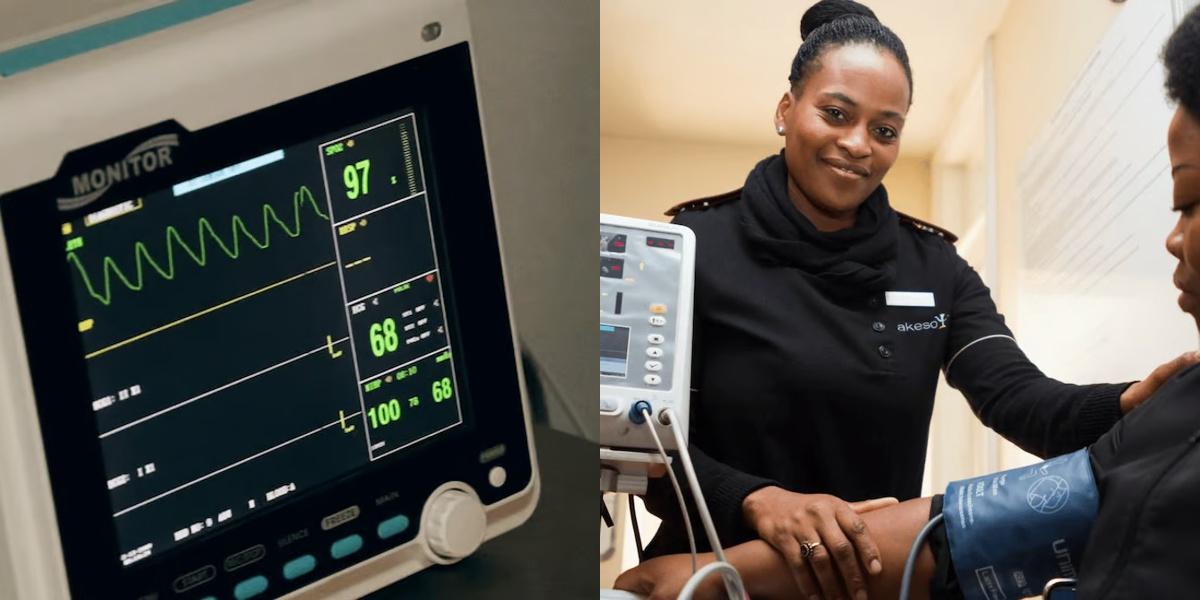EKG vs Patient Care Technician

The healthcare industry offers a wide range of career opportunities, and it can be overwhelming to choose the right path. EKG and patient care technician are two roles that often come up when considering a career in healthcare. Both roles play a crucial part in patient care, but they have different focuses and requirements. Let's take a closer look at what each role entails.
Key Points:
- EKG technicians focus on heart health, while Patient Care Technicians handle a wider range of patient care tasks.
- EKG technicians often earn slightly higher salaries than Patient Care Technicians.
- EKG training is typically shorter and can be done online, while Patient Care Technician training is longer and often requires in-person classes.
- EKG training is generally less expensive and takes less time than Patient Care Technician training.
EKG Technician Education and Training
- EKG technician programs are typically shorter in duration, ranging from a few weeks to a few months.
- These programs are available at vocational schools, community colleges, and online institutions.
- The coursework covers topics such as cardiovascular anatomy and physiology, EKG interpretation, and medical terminology.
- Some programs also include a clinical component where students gain hands-on experience performing EKG tests under supervision.
Patient Care Technician Education and Training
- Patient care technician programs are more comprehensive and can take several months to a year to complete.
- These programs are also available at vocational schools, community colleges, and online institutions.
- The curriculum includes courses in patient care skills, medical terminology, anatomy and physiology, infection control, and basic pharmacology.
- Students also receive hands-on training in clinical settings to practice their skills under the guidance of experienced professionals.
EKG vs Patient Care Technician: Career Outlook and Salary
When considering a career path, it's important to take into account the job outlook and potential salary. Here's an overview of the career outlook and salary for EKG and patient care technicians.
EKG Technician Career Outlook and Salary
- The demand for EKG technicians is expected to grow in the coming years due to the aging population and increased prevalence of heart conditions.
- According to the Bureau of Labor Statistics (BLS), the median annual wage for cardiovascular technologists and technicians, including EKG technicians, was $66,170 as of May 2023.
- The highest 10% earned more than $105,140, while the lowest 10% earned less than $36,620.
Patient Care Technician Career Outlook and Salary
- The demand for patient care technicians is also projected to increase as the healthcare industry continues to grow.
- According to the BLS, the median annual wage for nursing assistants, a similar role to patient care technicians, was $38,200 as of May 2023.
- The highest 10% earned more than $48,780, while the lowest 10% earned less than $30,020.
Final Thoughts
Both EKG and patient care technician roles play important roles in the healthcare industry. EKG technicians focus on performing and analyzing electrocardiograms, while patient care technicians provide direct care to patients. The educational requirements, training, and career outlook also differ for each role. Ultimately, the choice between becoming an EKG technician or a patient care technician depends on your interests, skills, and long-term career goals.
Discover Dreambound's programs, conveniently offered in various locations. Find out more about these two vocations by visiting:

Pia Yapjoco is part of the school growth and sales team at Dreambound. She helps facilitate school partnerships that expand educational opportunities for aspiring students in allied health and other trades. Beyond work, she curates her pup's Instagram, hunts for hidden coffee gems, and escapes into cozy gaming.




